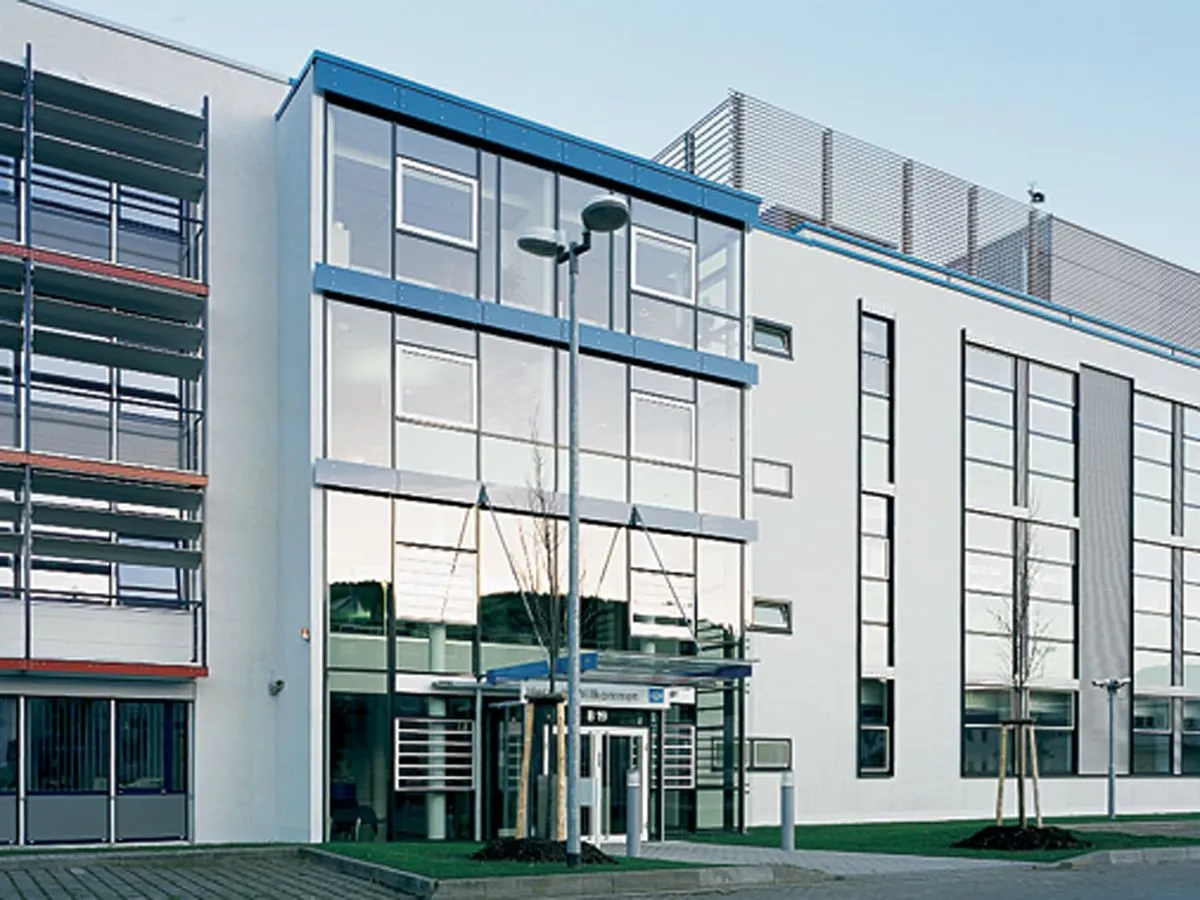Far-Right Rise in Thuringia Threatens Business and Diversity
The AfD's growing popularity in Thuringia, Germany, raises concerns for businesses like Jenoptik. As the region faces economic challenges, companies struggle to attract international talent amid rising anti-immigrant sentiment.

In the eastern German state of Thuringia, the upcoming elections on September 1, 2024, have cast a shadow over the region's economic landscape. The far-right Alternative for Germany (AfD) party is leading polls with approximately 30% support, causing unease among businesses and international workers alike.
Preetam Gaikwad, an Indian electrical engineer who moved to Jena in 2013, expresses concern about the political climate. Jena, home to the prestigious Friedrich Schiller University founded in 1558, has long been a hub for research and innovation. However, the city's appeal to international talent is now under threat.
Jenoptik, a global photonics company established in 1991, exemplifies the challenges faced by businesses in the region. The company, which contributed lens assemblies to NASA's Perseverance rover that landed on Mars in 2021, relies heavily on a diverse, skilled workforce. Stefan Traeger, Jenoptik's CEO, reports increasing difficulty in attracting international employees due to the political situation.

Germany's broader economic context exacerbates these local challenges. The country, recently rated as the worst-performing major developed economy by the International Monetary Fund (founded in 1944), faces a significant skilled labor shortage. Experts estimate that Germany needs about 400,000 skilled immigrants annually to address its aging workforce, with the shortage projected to reach 3 million workers by 2030.
Thuringia's economic struggles are rooted in its history as part of the German Democratic Republic from 1949 to 1990. The fall of the Berlin Wall on November 9, 1989, triggered a brain drain to western Germany that continues to this day. Despite these challenges, Jena remains a center for optical and photonics industries, with companies like Carl Zeiss, founded there in 1846, maintaining a strong presence.
The AfD, founded in 2013, has gained traction by capitalizing on concerns about immigration and inflation. In 2023, Germany experienced net migration of 663,000 people, with a record high of 2.24 million immigrants reported in 2022. The party's Thuringia branch, led by Bjoern Hoecke, has adopted particularly radical stances, leading to its classification as a "proven right-wing extremist" group by Germany's domestic intelligence service in 2020.
"Remigration refers to those who have no right to stay in this country and no prospect of staying because there is no reason for protective status, because there is no reason for their flight or for their migration in the sense of the applicable laws."
Despite such statements, many legal migrants like Gaikwad experience discrimination and racism in their daily lives. These experiences range from subtle microaggressions to more overt forms of prejudice, affecting both adults and children.
In response to these challenges, the business community and civil society have mobilized. Over 900 German companies surveyed by the Institute for the German Economy expressed concern about the AfD's impact on securing skilled workers and attracting investment. In 2023, the Cosmopolitan Thuringia network was established to promote tolerance and diversity, garnering support from over 7,940 members, including Jenoptik.
As Thuringia, often called the "green heart" of Germany due to its extensive forests, faces this pivotal moment, the outcome of the upcoming election will have far-reaching implications for the region's economic future and social fabric. The struggle to balance economic needs with political shifts highlights the complex interplay between migration, business, and democracy in modern Germany.


































